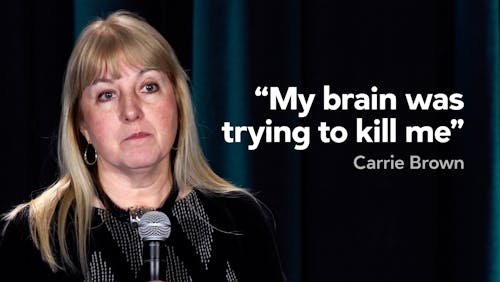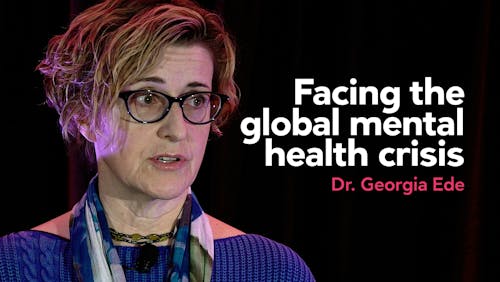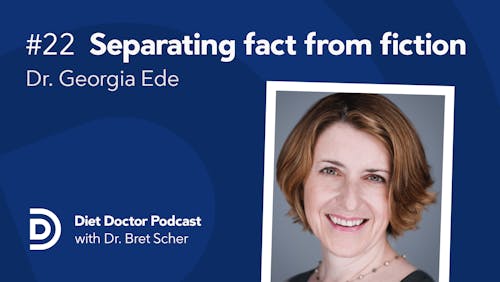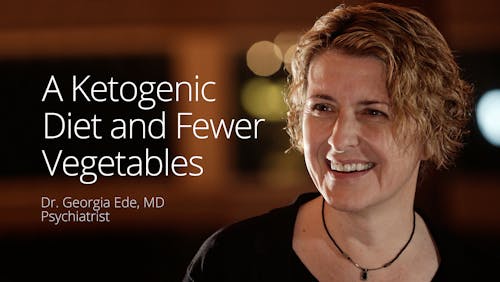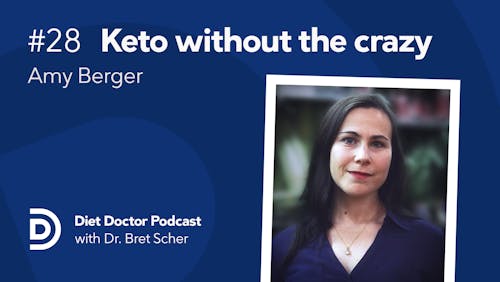Ketogenic diet may help eating disorders

Can people be “addicted” to food? Although this is still a controversial topic, new research shows that ketogenic diets can help people who suffer from binge eating disorder (which has an official medical definition among mental health experts). Ketogenic diets may also be helpful for a more general range of problems that fall under the umbrella term, “food addiction.”
Researchers at Stanford University, in partnership with doctors who use low-carbohydrate diets in their clinical practices, have published the outcomes of three patients who were thought to have binge eating tendencies and were treated with a ketogenic diet. These three patients were not only able to lose a clinically significant amount of weight, they were able to do so in way that reduced their symptoms of binge eating.
Some experts have voiced concerns that dieting leads to disordered eating, whether ketogenic or not. This series of patients shows that the opposite may be true in some cases.
However, this research has some important limitations. The three patients discussed may be an exception to the general population, other diets were not tested with these patients, and the way binge eating disorder was measured and diagnosed was not consistent, even with these three patients.
At the same time, ketogenic diets may differ from other diets in important ways, when it comes to disordered eating. Potential differences may include an increase in feelings of fullness, a reduction in hunger, and changes in hormones that may be related to improvements in mental health.This research should be considered preliminary, but it shows that ketogenic diets may improve both physical and mental health. More research is needed to understand the long-term outcomes of a ketogenic diet intervention used for binge eating tendencies and other eating disorders.
Diet Doctor offers a comprehensive guide to low carb and mental health, with more information on how a carb-restricted diet can help eating disorders and other mental health issues.


Guide to low carb and mental health
GuideEating a low-carbohydrate whole-foods diet appears to be a powerful strategy for protecting and improving the health of the body. Could this same nutritional strategy benefit the brain as well? Emerging science and clinical experience suggest that the answer is a resounding YES.
Earlier
Minus 125 pounds and no more binge eating on a keto diet
“I became stronger and more agile and felt ridiculously well with my new diet”

